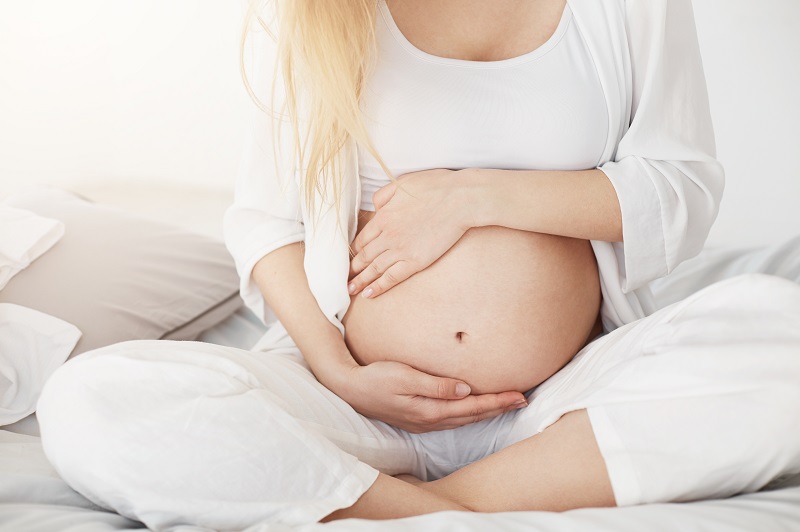Been there for several years pregnant woman They are advised, unless it poses some risk, to take some form of action adapted exercise. A team from the Polytechnic University of Madrid (UPM) has published six extensive studies on the effects of different forms of fysical activity during this period in the maternal, fetal and newborn organism, confirming that this is the case advantages for both, and that these also extend beyond birth.
Led by Rubén Barakat, the work shows that the physical activity during pregnancy reduces the risk of perineal tears by 50% and the risk of urinary incontinence by 20%. Both are two factors that are of great importance for the female organism and are becoming increasingly common today.
According to the authors, this is largely due to the current lifestyle, the consequences of which affect not only the physical or physiological environment of women, but also relevant aspects of a psychological and emotional nature.


Furthermore, the exercising during pregnancy It reduces the risk of a caesarean section by 21% and that of an instrumental birth by 16%. Similarly, in active women during pregnancy, a shorter duration of the first stage of labor (on average 62 minutes less) is observed.
Finally, specialists have confirmed that if the mother is physically active during pregnancy, there is a lower risk (minus 21%) of macrosomias with a more adequate birth weight, which could be due to a more balanced intrauterine environment from the point of view of the pregnancy. metabolic view.
“This peculiarity forces us to investigate the possibility physical activity during pregnancy as a preventive factor of pre-, peri- and postnatal (early childhood) metabolic complications, paying special attention to the worrying and growing prevalence of overweight and obesity in children, caused, according to recent scientific evidence, by the above-mentioned intrauterine metabolic imbalance prior to birth,” Barakat explains.
“It is simply about preventing, from the very beginning of the human pregnancy process, complications that will manifest themselves later; this means acting before the possible change or even pathology is generated,” he adds.
Promote exercise during pregnancy
For researchers, the importance of this work lies in the fact that it provides clear evidence of its necessity promote physical activity in this period.
“Despite the confirmed positive effects that have occurred in recent years fysical activity When it comes to the well-being of mothers and fetuses, less than 20% of pregnant women on the planet meet the recommendations of international organizations, including the WHO, to maintain a minimum of 150 minutes of moderate physical activity per week. In Spain the situation is similar (19.7%),” Barakat continues.
For the researcher, these data can become an instrument for public authorities and scientific institutions to change this situation.
“The involvement of different institutions, especially healthcare and academia, is necessary to promote interventions based on existing scientific evidence. The results should inform the design of ambitious and comprehensive programmes physical activity for the pregnant population”, he concludes.

